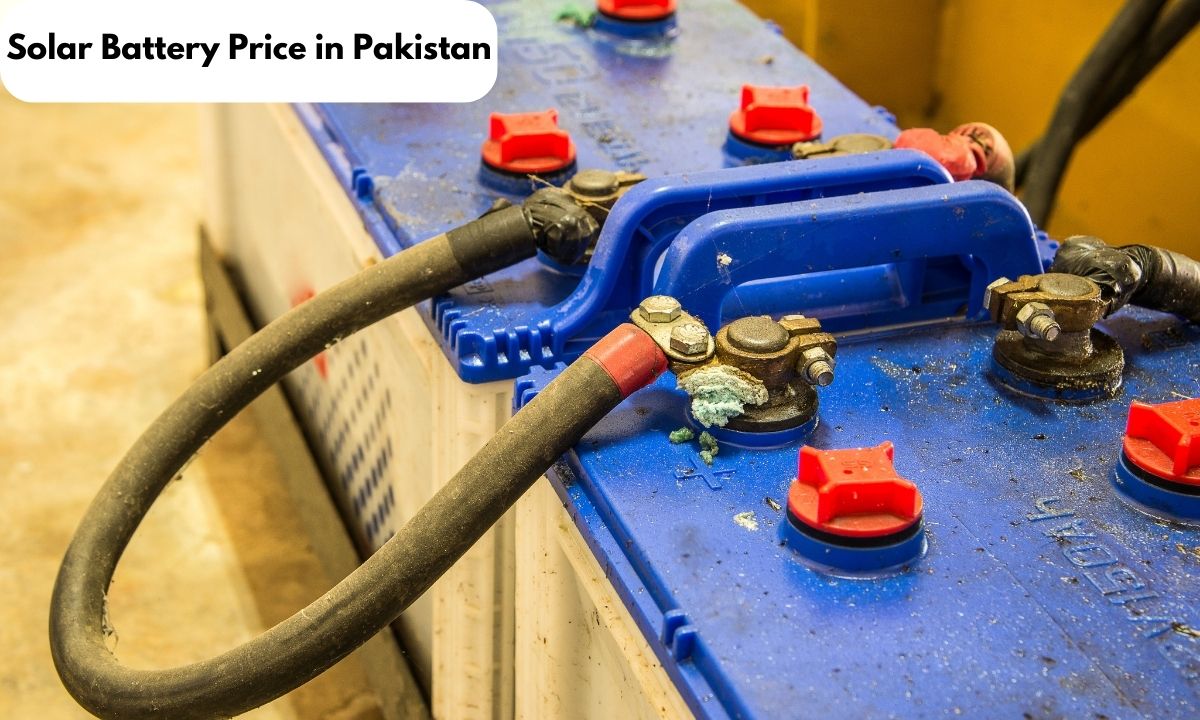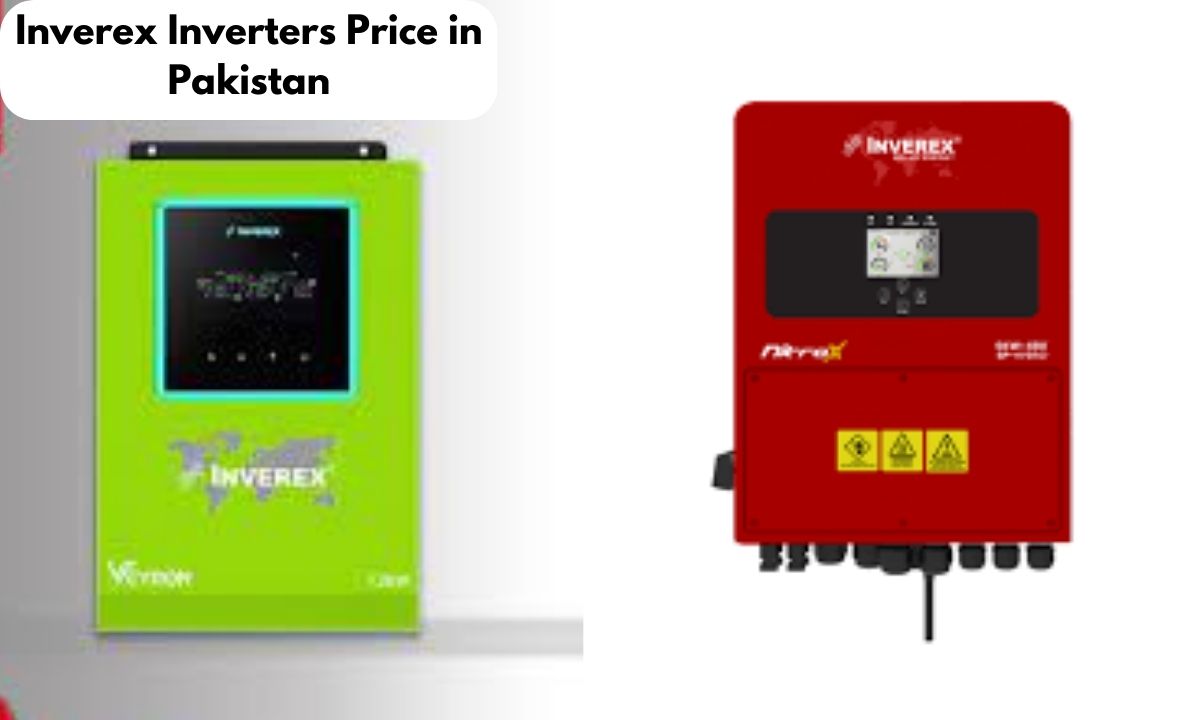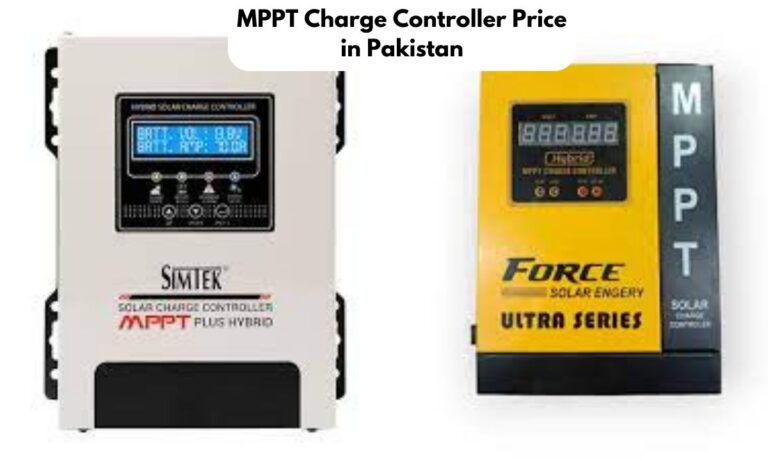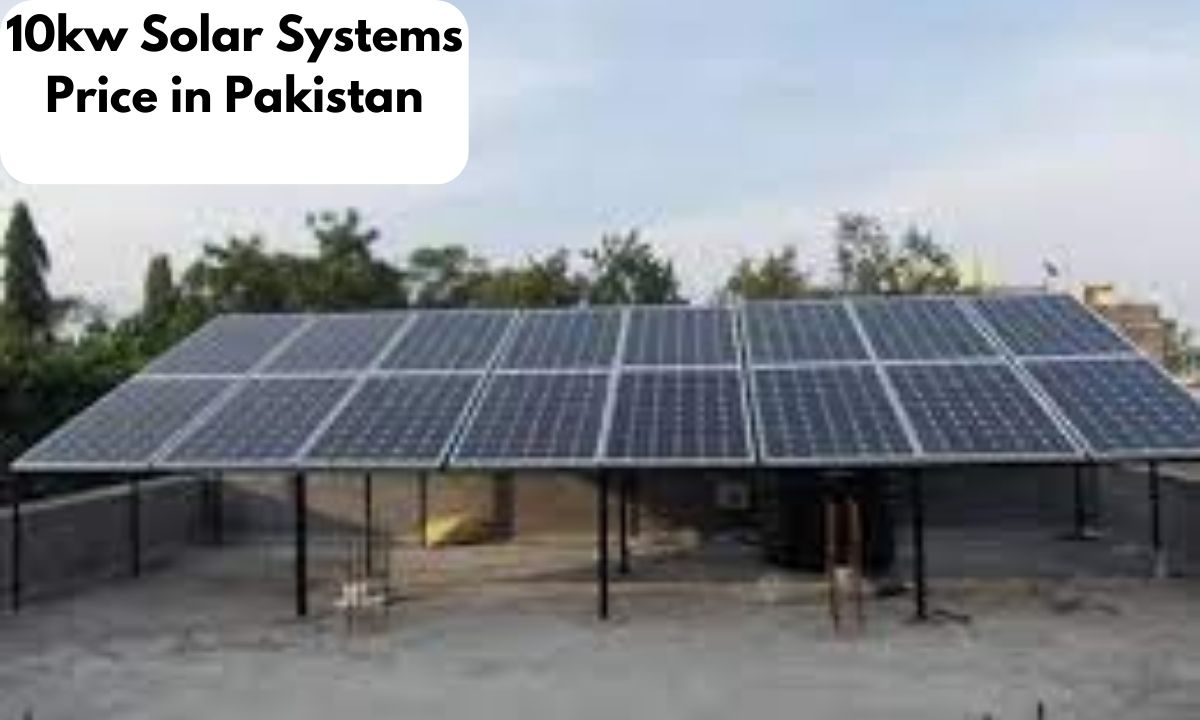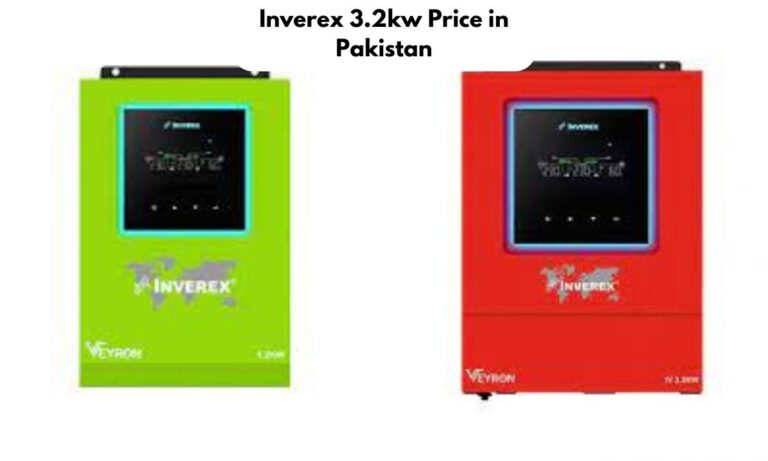Solar Battery Price in Pakistan (2024 Price Guide)
In Pakistan’s core, there’s a notable shift happening. The use of solar batteries is picking up pace, mainly because of the country’s ample sunlight and the growing demand for storing energy. Imagine, you can get a solar battery for as little as Rs. 950 or even up to Rs. 375,000. This range shows how they’re becoming more available and vital for Pakistan’s energy needs.
These batteries do more than just keep our lights on when it’s dark or cloudy. They represent our move towards using cleaner energy and show how committed Pakistan is to using sunlight’s potential. As this trend grows, everyone needs to grasp how the costs of these solar batteries in Pakistan are changing and why it matters.
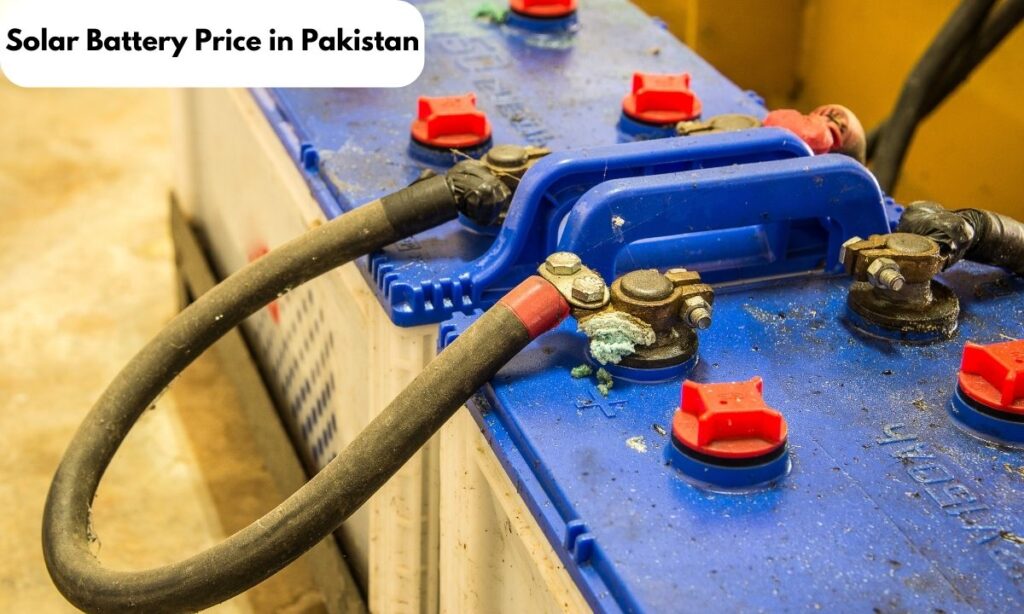
Types of Solar Batteries
Lead-Acid Batteries:
The lead-acid battery stands as a testament to time. Many sectors, particularly those deeply rooted in renewable energy, favor these batteries. Their appeal lies in their durability and cost-effectiveness. However, to keep them performing at their peak, regular maintenance is essential. Within this category, one encounters variations such as flooded lead-acid and valve-regulated lead-acid batteries.
Lithium-Ion Batteries:
In the realm of modern technology, lithium-ion batteries reign supreme. Their claim to fame? Impressive energy density coupled with extended lifespans. Whether it’s powering your handheld devices or fueling electric vehicles, lithium-ion technology’s potency is undeniable. Their compact design packed with power makes them indispensable for numerous high-energy applications.
Nickel-Cadmium Batteries:
Stepping into commercial territories, nickel-cadmium batteries make their mark. These batteries are synonymous with resilience, adeptly handling temperature variations while ensuring a consistent voltage output. Their role is particularly vital in critical sectors like aviation and public transit, serving as reliable backup power sources.
Flow Batteries:
Emerging on the horizon, flow batteries present a fresh perspective on energy storage. Their innovation lies in utilizing safe, readily available materials that not only reduce costs but also environmental concerns. One of their standout features is adaptability; flow batteries effortlessly adjust to meet short-term and prolonged energy storage demands, positioning them as a beacon for future energy solutions.
Popular Solar Battery Brands and Prices in Pakistan
| Brand | Model | Price (PKR) |
| Osaka | Solar Battery | 2,990 |
| AGS | Solar Battery | 35,000 |
| Exide | Solar Battery | 7,160 |
| Phoenix | TX1000 Tubular Solar Battery | 16,000 |
| Inverex | Tubular Solar Battery | Not specified |
| Dongin | Lithium Battery | 360,000 |
Factors Influencing Solar Battery Prices
Battery Type’s Influence:
The category a battery falls into significantly dictates its price tag. Take, for instance, lithium-ion batteries; their cutting-edge technology and extended lifespan command a higher price compared to their lead-acid counterparts. While lead-acid batteries have their time-tested reliability, the advanced features of lithium-ion, like enhanced energy density and durability, justify their steeper cost.
Battery Capacity Matters:
Another pivotal factor is the battery’s capacity, gauged in kilowatt-hours (kWh). Naturally, batteries with a higher capacity come with a heftier price due to their ability to store more energy, ensuring prolonged power availability. Despite the initial investment, their ability to offer more energy storage per unit cost often makes them a worthwhile investment for consumers.
Installation Expenses:
The overall cost isn’t just about the battery; installation plays a crucial role too. Whether integrating a battery into an existing solar setup or establishing a new one from scratch, expenses can fluctuate. These installation costs encompass labor charges, additional equipment like inverters or charge controllers, and potential modifications to the current electrical framework.
A Holistic Viewpoint:
When evaluating solar battery prices, it’s imperative to weigh these influencing factors. A battery might appear pricier initially, but considering its type, capacity, and associated installation costs, it could emerge as the more economical choice over time.
Cost-effectiveness of Solar Batteries
Investing in solar batteries in Pakistan requires a considerable initial outlay, but they promise significant savings over the long haul. To give you an idea, a solar system paired with a 5kW hybrid setup might set you back between PKR 1,150,000 to PKR 1,250,000. On the other hand, if you’re considering a more powerful 10kW hybrid system with batteries and inverters, you’re looking at an investment ranging from PKR 1,700,000 to PKR 2,100,000.
Now, when it comes to specific brands, prices for solar batteries like Exide in Pakistan start anywhere from Rs. 60,000 to 80,000. This is for a 12v battery, with options available in 185AH and 230AH capacities.
While the upfront costs might seem steep, it’s essential to think long-term. Let’s take a 5kW solar system as an example. Such a system can generate roughly 500 units monthly, totaling 6,000 units annually. Considering the current electricity rates in Lahore as of July, you’d likely see a return on your initial investment in about three years.
However, a crucial point to remember is that Pakistan doesn’t presently provide federal tax breaks or incentives for those opting for solar batteries, unlike some other nations. So, while the savings are there in the long run, you won’t benefit from government-backed financial incentives at this time.
Choosing the Right Solar Battery for Your Needs
When you’re on the lookout for a solar battery in Pakistan, it’s essential to weigh various aspects. Your decision should factor in the type of battery, its capacity, cost, and, most importantly, how much energy your place requires.
Types of Batteries:
- Lead-acid batteries: These are the tried-and-true options known for their dependability and reasonable pricing. Yet, they demand regular upkeep and don’t last as long as some other types.
- Lithium-ion batteries: Gaining traction due to their efficiency and durability, lithium-ion batteries might cost more initially but can save you money in the long term.
- Other Options: While less typical for homes, batteries like nickel-cadmium and flow batteries might fit specific business needs.
Capacity Matters: When we talk about capacity, measured in amp-hours (Ah), think about your energy consumption. A sizable household with numerous gadgets or a business with hefty power needs would benefit from a battery with ample capacity.
Price Points: Prices can swing significantly. For instance, you can find an Osaka Solar Battery for as little as Rs. 2,990, while a premium Dongin Lithium Battery might go up to Rs. 360,000. Remember, it’s not just about the immediate cost; factor in the battery’s longevity and potential savings.
Pinpointing Your Energy Needs: Lastly, tune into your specific energy requirements. If frequent blackouts are a concern, aiming for a robust, high-capacity battery makes sense. But if your goal leans more towards trimming down those electricity bills, a more compact and budget-friendly option might be your go-to.
Conclusion
The horizon for solar batteries in Pakistan appears bright and optimistic. With advancing technology and decreasing costs, there’s a growing inclination among households and businesses to embrace solar batteries as a dependable, economical, and eco-conscious way to store energy. The expansive potential of the solar energy domain suggests that solar batteries are poised to be pivotal in driving this transformative energy shift.
